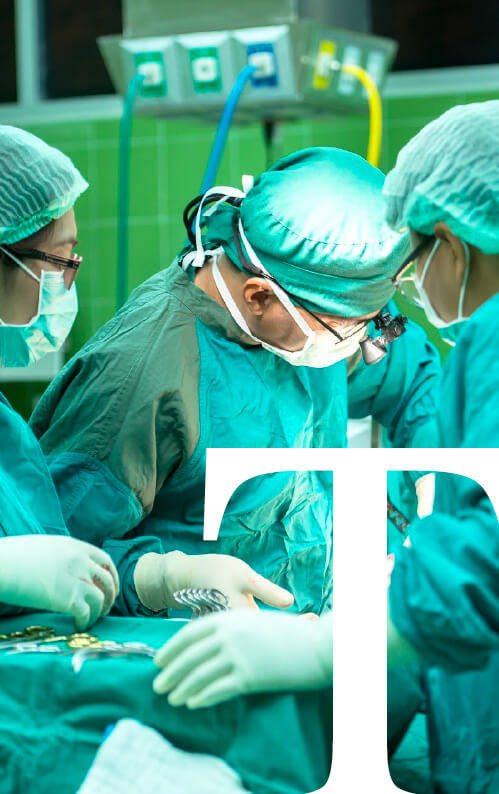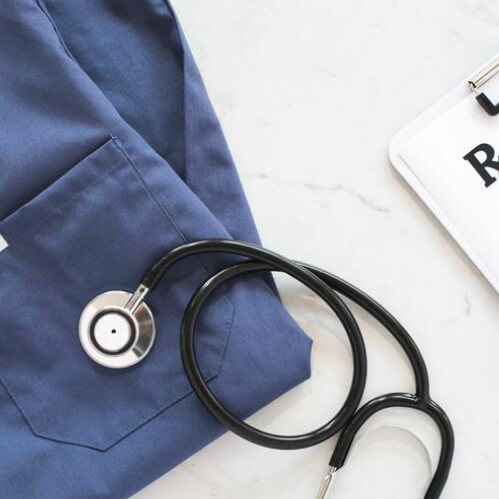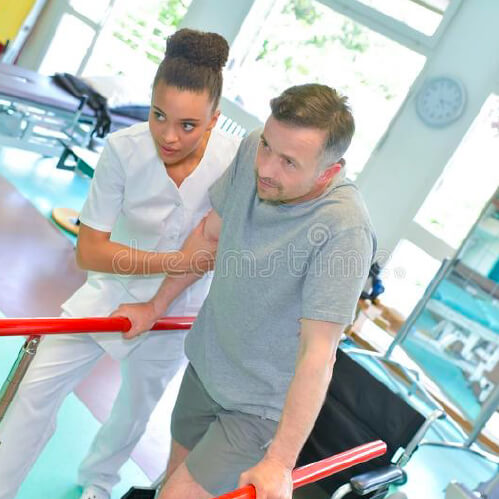
The “Kouchner Act”
The “Kouchner Act” of 4 March 2002 stipulates compensation for the victims of medical procedures. The legislation targets several categories of victims of bodily injury:
- those suffering from medical errors,
- those affected by therapeutic contingencies,
- and those harmed by nosocomial infections.
What are the victim categories of medical negligence?
- A medical negligence victim
A victim of medical negligence is one who has been subjected to medical malpractice such as surgical error, lack of supervision, or misdiagnosis, etc. The victim needs to prove the fault of the health professional, which is not necessarily easy in medical matters. Doctors are under an obligation of means, not of result. The doctor or medical facility is required to exercise reasonable diligence and follow the rules of the art, not necessarily to cure the patient.
- A hospital-acquired infection
The victim of a nosocomial infection may also apply for personal injury compensation. A nosocomial infection is an infection acquired during a stay in a health care institution.
- The victim of a therapeutic mistake
The victim of a therapeutic error, on the other hand, is not obliged to demonstrate medical malpractice on the part of the health professional. They simply have to establish that they suffered abnormal after-effects of a certain severity in connection with an iatrogenic condition, i.e. in connection with a medical treatment.
This level of severity relates in particular
to a permanent functional deficit of 24% or more,
or the duration of temporary incapacity to work is longer than six months, either consecutive or six non-consecutive months over a period of one year,
or an inability to work.
It is also necessary for the occurrence of the event to be abnormal in relation to the victim’s previous state of health. In practice, the courts tend to consider that if an undesirable event occurs with a frequency of more than 5% given the patient’s pathology, it is no longer an abnormal event in itself and therefore should not give rise to compensation. Conversely, if the frequency was less than 5%, it will be considered an abnormal medical occurrence. Therefore, the victim may claim compensation for their physical injury as a result of the therapeutic error, if of course they also meet the seriousness criteria mentioned above.

The choice between going to court or to the Regional Commission for Conciliation and Compensation (CCI)
The victim of a medical error, a medical accident, a therapeutic error, or a nosocomial infection can bring their case before a court to obtain compensation. This court is either the Administrative Court, if the treatment was provided in a public hospital, or the Judicial Court in other cases.
The victim can also refer their case to the Regional Commission for Conciliation and Compensation (abbreviated as CCI or CRCI). The CCI is not a court of law, thus it is possible to make a claim before this body at the same time as initiating legal proceedings, provided that the CCI is made aware of this.

There is no requirement to be assisted by a lawyer when applying to the CCI, although in general the CCIs are not immune to a certain number of problems.
A distinction should be made between the CCI and the National Medical Accident Compensation Office (ONIAM). The CCI investigates the case, while the ONIAM compensates medical accidents not caused by negligence if they reach a certain level of seriousness, as well as nosocomial infections.
How to obtain compensation?
In medical matters, one must first of all obtain one’s entire medical file.
Subsequently, prior to submitting the case to the competent court or to the CCI, our firm recommends having the case analysed by a medical advisor specialising in victims of medical errors, therapeutic failures, or nosocomial infections. This doctor will determine whether there is, depending on the case, medical error, therapeutic failure, or nosocomial infection, or even two or three of these events, since a combination is possible.
If the medical advisor considers there are grounds for seeking compensation, then the case should be taken to court or to the CCI. On the other hand, if the medical advisor is of the opinion that there is no case for compensation, our firm recommends that the claim should not be pursued, except in exceptional cases. There is no point in incurring costs if the claim has very little chance of success.
If the medical advisor agrees to go ahead with the claim, the matter will have to be referred to the Court of Justice, the Administrative Court, or the CCI, depending on the case. Regardless of the choice made, the same process will have to be followed. This involves having the Court or the CCI appoint a medical expert to examine the victim, to review their medical records, and to draw up a report.
The victim should be accompanied by their medical advisor when the medical expert is convened.
Next, once the medical expert’s report is complete:
in the event of legal proceedings, the victim has the option of continuing the process or not by filing a new claim. This time the aim is to obtain compensation for personal injury.
In the case of CCI proceedings, the CCI convenes the victim to a meeting at the end of which the CCI will either ask, depending on the circumstances, the doctor’s insurance, the hospital’s insurance, or the ONIAM to compensate the victim, or will reject the victim’s claim.
It is possible to challenge the CCI’s decision by appealing to the Court of Justice if the victim is acting against a private doctor or clinic, or to the Administrative Court if the action is against a public hospital.
Health care professionals are not easily called into question. Unfortunately, victim support associations do not always have the necessary expertise in this very complex area of law. Victims should be accompanied by a specialised lawyer who can recommend a medical advisor, help them prepare expert reports, and assert their rights during the compensation phase.
